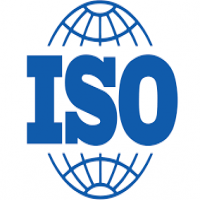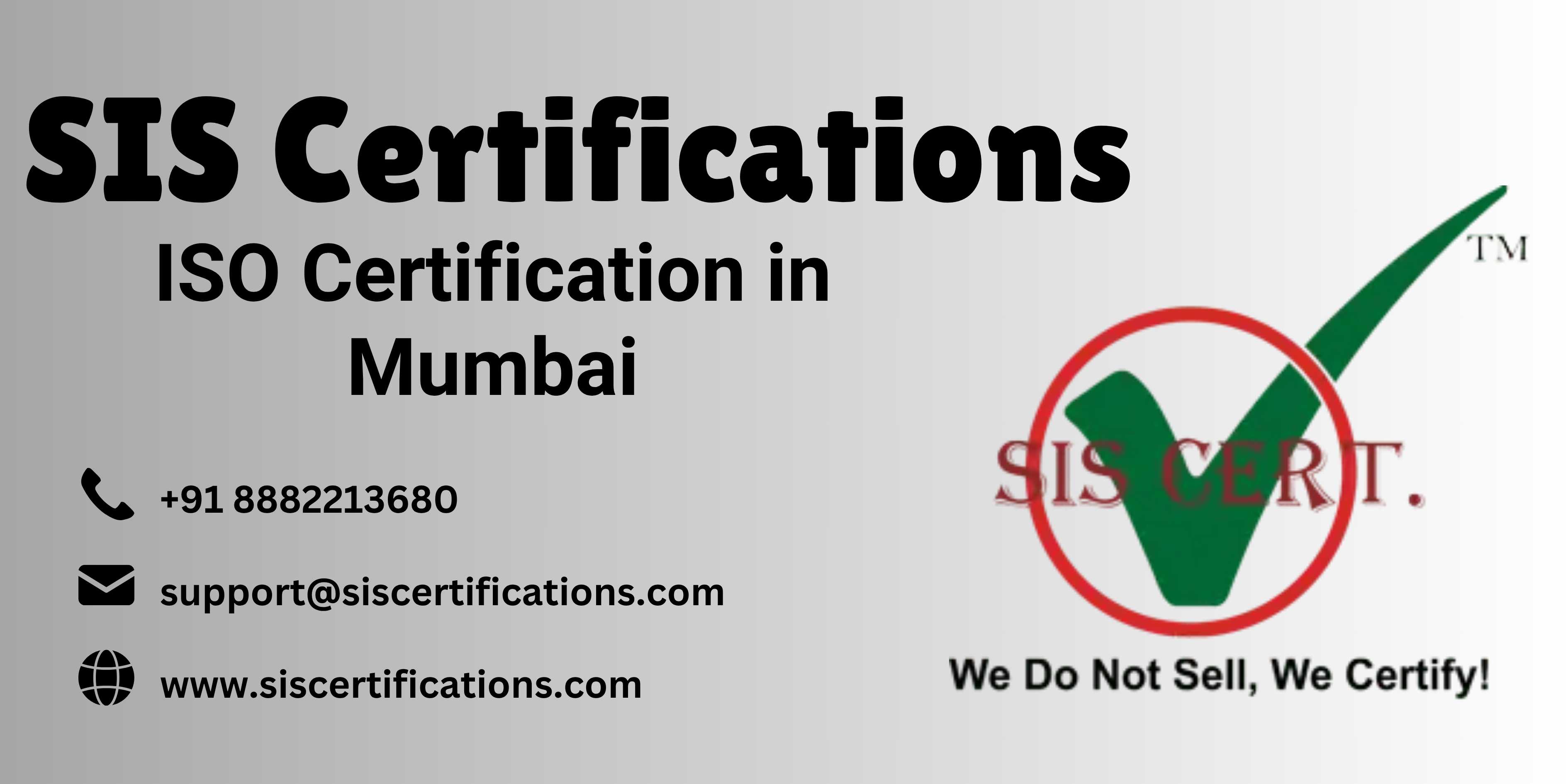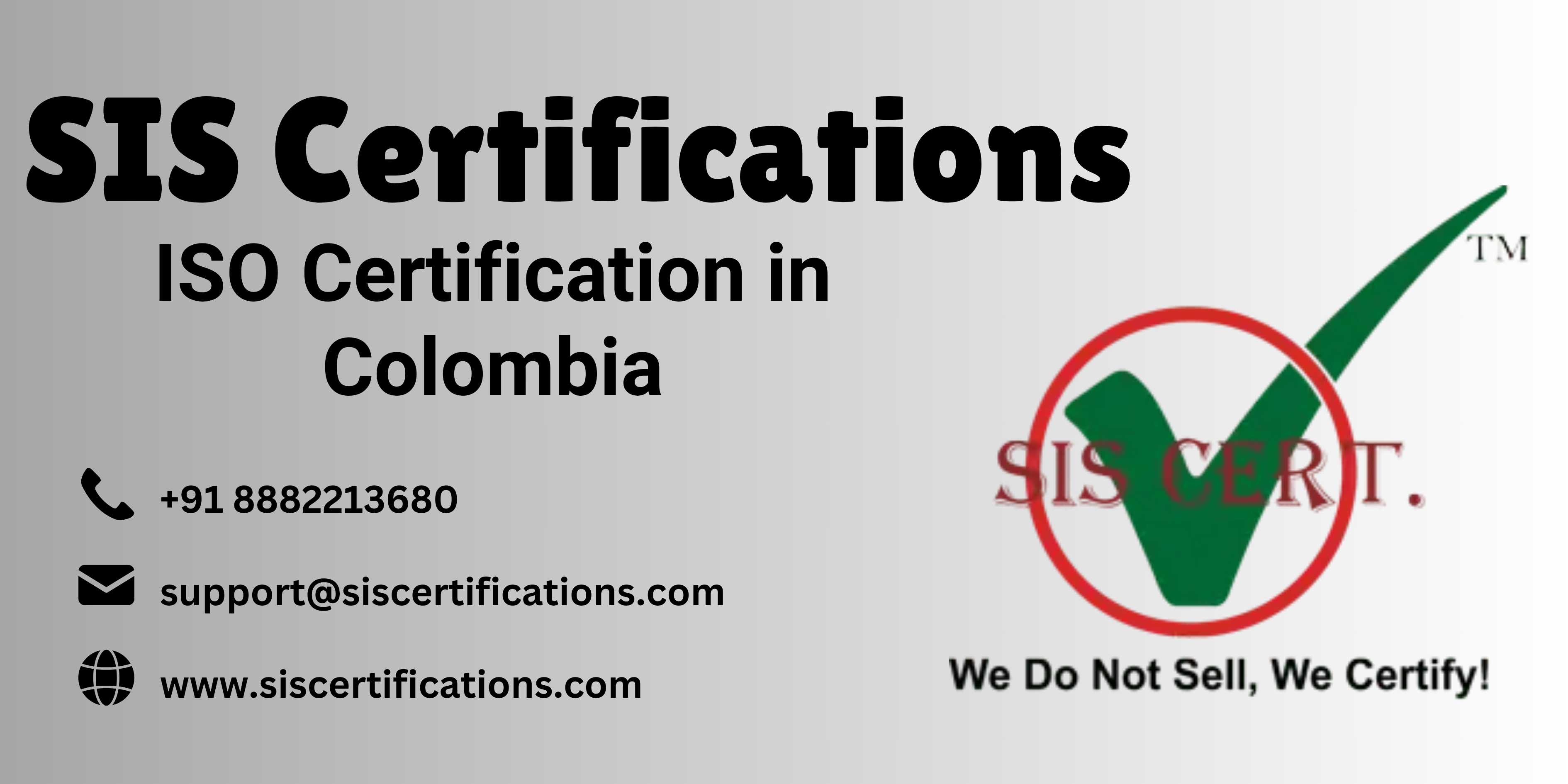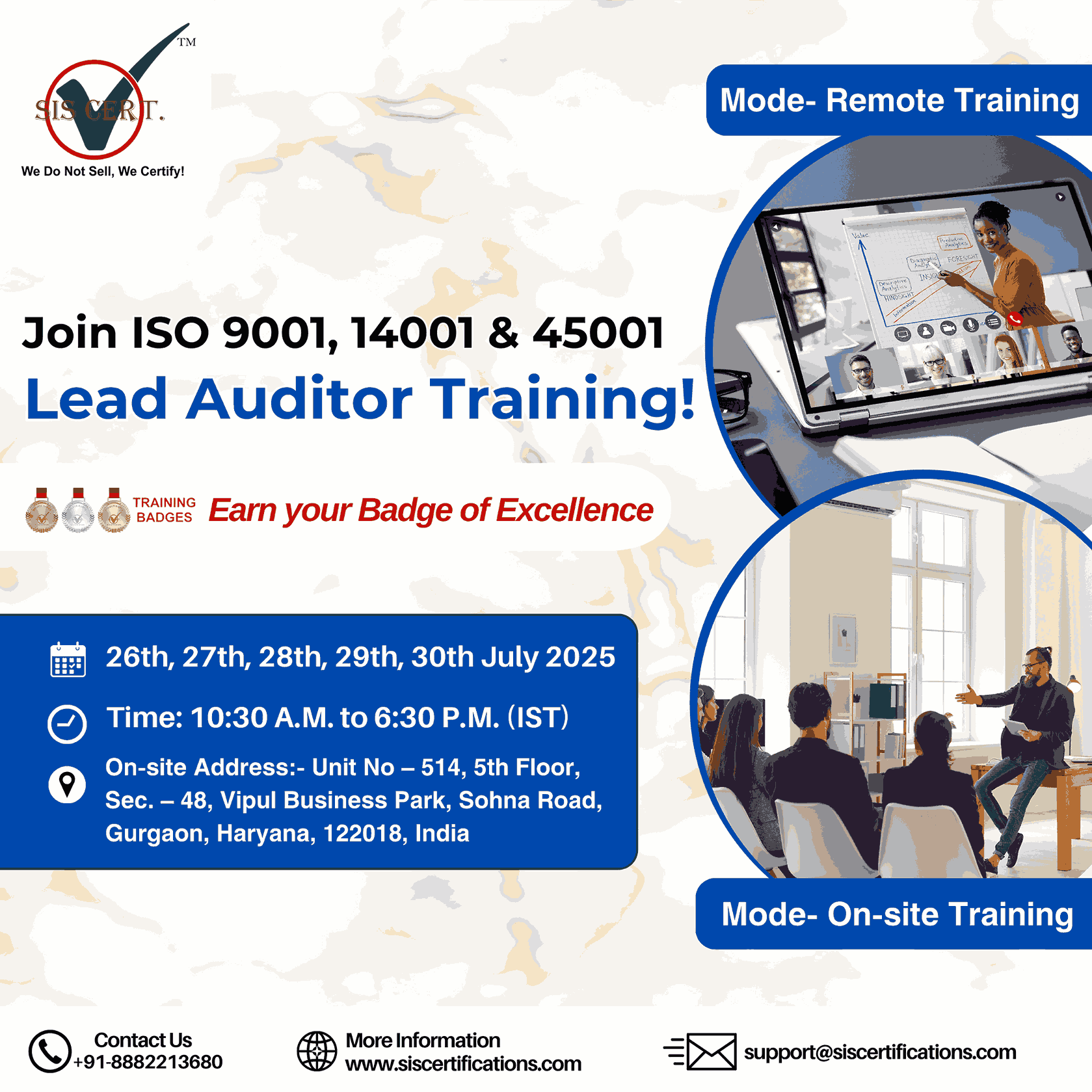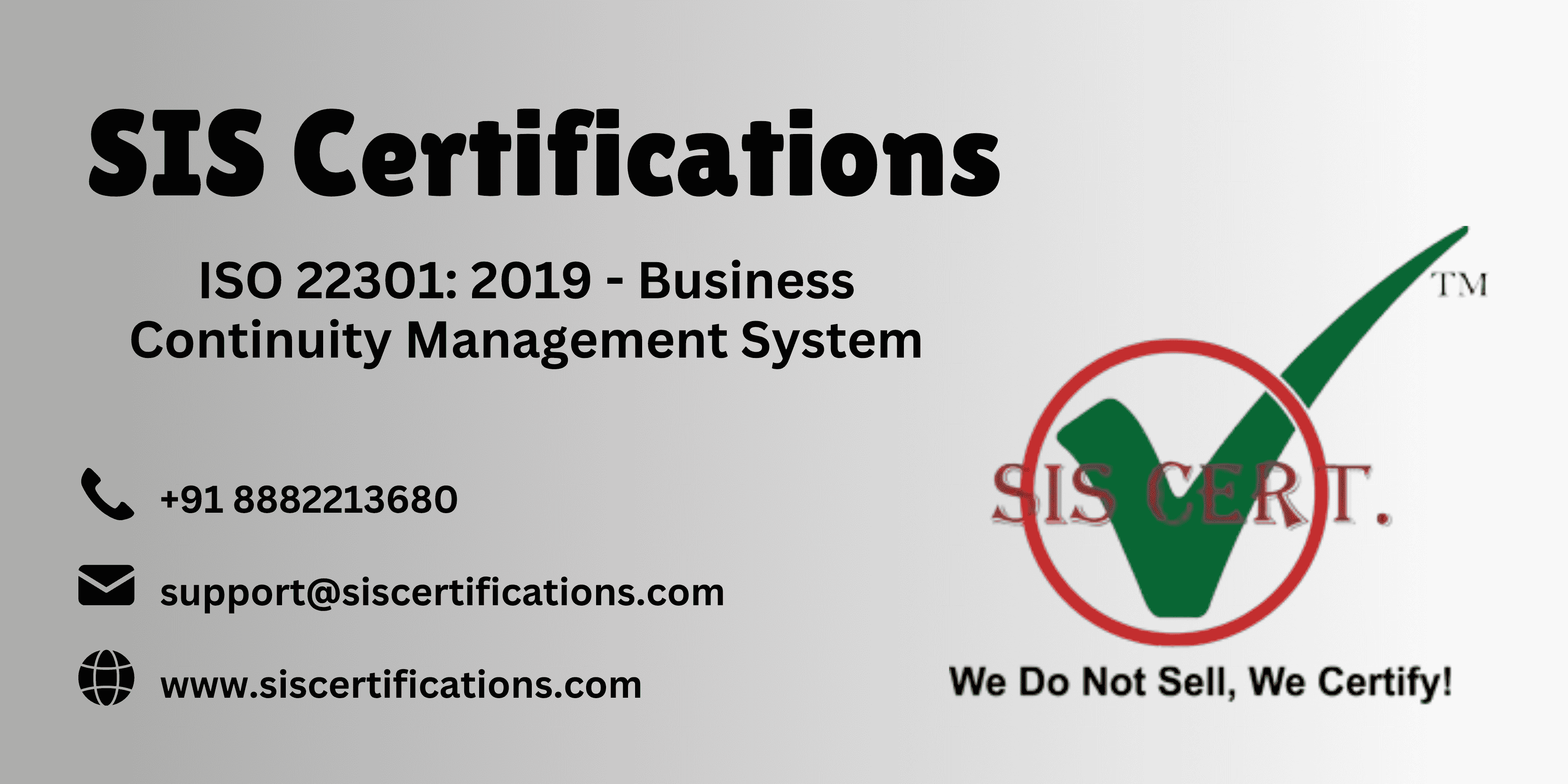ISO 22000 Certification: Building Trust Through Food Safety Excellence
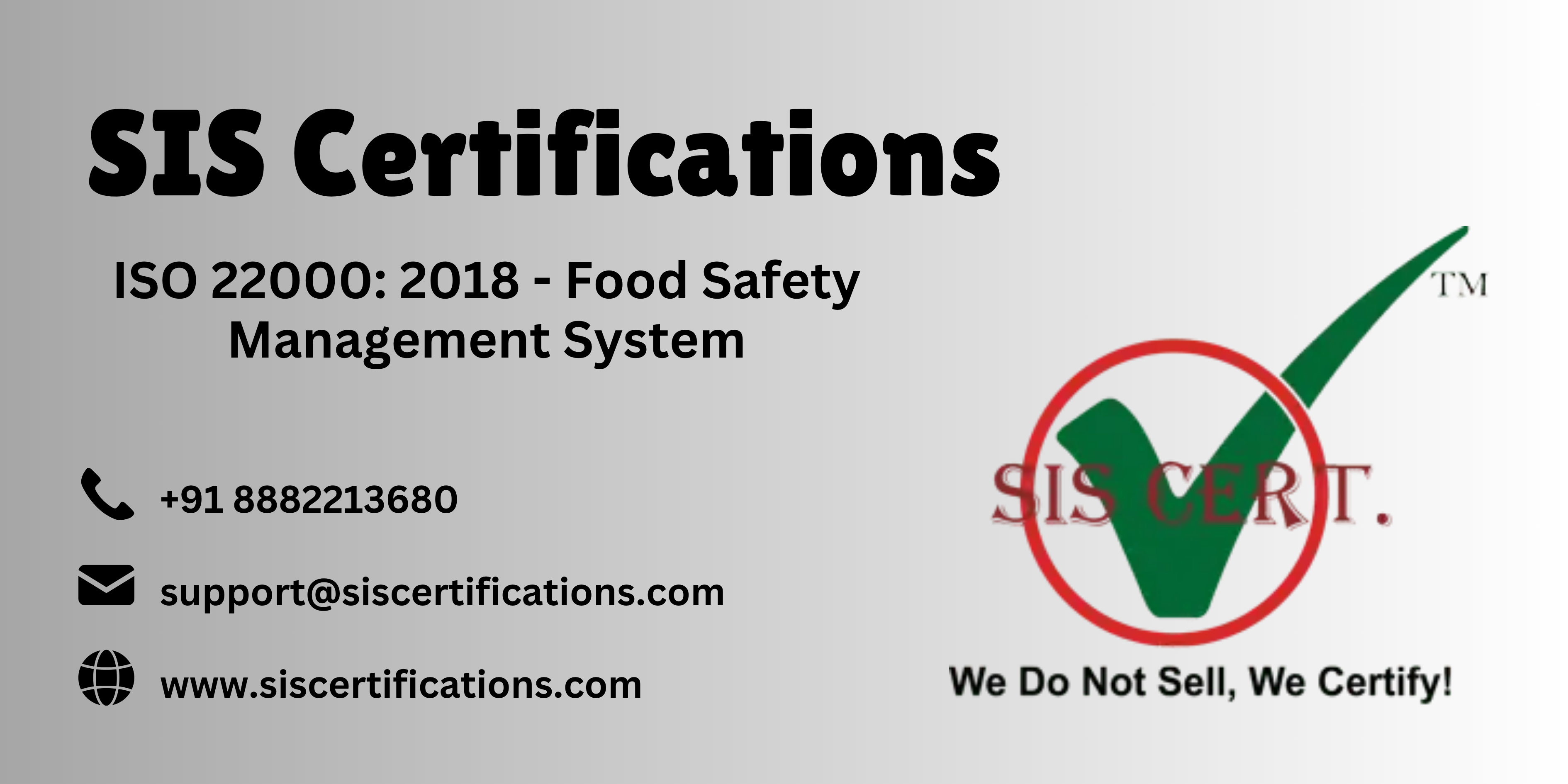
Strong 8k brings an ultra-HD IPTV experience to your living room and your pocket.
Overview of ISO 22000 Certification
ISO 22000 Certification is a globally recognized standard that establishes requirements for a Food Safety Management System (FSMS). Introduced in 2005 and updated in 2018, it provides a structured framework for organizations across the food supply chain—such as farmers, processors, packagers, and caterers—to ensure food safety. By blending Hazard Analysis and Critical Control Points (HACCP) principles with a management system approach, ISO 22000 Certification enables businesses to proactively manage food safety hazards. Suitable for organizations of any size, it aligns with regulatory and consumer demands.
The standard emphasizes a risk-based approach, helping businesses identify, control, and prevent food safety risks. Obtaining ISO 22000 Certification boosts credibility, supports international trade, and demonstrates a commitment to delivering safe, high-quality food products to consumers.
What are the Principles of ISO 22000 Certification?
ISO 22000 Certification is founded on principles that integrate HACCP methodologies with management system standards to ensure robust food safety. These principles include:
Hazard Analysis: Identify potential biological, chemical, or physical hazards at all stages of food production.
Critical Control Points (CCPs): Pinpoint specific process steps where controls can eliminate or reduce hazards.
Critical Limits: Set measurable criteria (e.g., temperature, pH, or time) for each CCP to ensure hazard control.
Monitoring Procedures: Establish ongoing monitoring to verify compliance with critical limits.
Corrective Actions: Define steps to address deviations, preventing unsafe products from reaching consumers.
Verification Processes: Conduct audits and tests to confirm the FSMS meets ISO 22000 Certification Requirements.
Documentation: Maintain comprehensive records of hazard analyses, monitoring, and corrective actions for traceability.
These principles ensure a systematic, reliable approach to food safety management.
ISO 22000 Benefits
Achieving ISO 22000 Certification offers substantial advantages, enhancing operational performance and market positioning. Key benefits include:
Enhanced Food Safety: Stringent controls minimize contamination risks, ensuring consumer safety.
Global Recognition: The certification aligns with international standards, facilitating market expansion.
Increased Efficiency: Streamlined processes reduce waste and optimize resource use.
Regulatory Compliance: Adherence to food safety laws reduces the risk of penalties.
Consumer Confidence: Certification signals a commitment to quality, strengthening brand trust.
Risk Reduction: Proactive hazard management prevents costly recalls and incidents.
Competitive Advantage: Certified businesses stand out, attracting partners and customers.
ISO 22000 Certification transforms food safety into a strategic asset, fostering growth and trust.
ISO 22000 Certification Cost
The ISO 22000 Certification Cost varies based on organizational factors and the certification body selected. While an investment, it delivers long-term value through improved safety and marketability. Factors affecting ISO 22000 Certification Cost include:
Organization Size: Larger or more complex businesses face higher costs due to extensive audits.
Consultancy Support: Hiring experts to develop the FSMS adds to expenses but ensures compliance.
Staff Training: Training employees on ISO 22000 Certification Requirements incurs costs.
Certification Fees: Charges for audits and documentation reviews depend on the certification body.
Internal Resources: Time spent on system development and maintenance impacts costs.
For small to medium-sized businesses, ISO 22000 Certification Cost typically ranges from $4,500 to $22,000, with larger organizations incurring higher expenses. Ongoing costs include annual surveillance audits and system upkeep. The benefits, such as reduced risks and enhanced credibility, make it a worthwhile investment.
ISO 22000 Certification Process
The ISO 22000 Certification Process is a structured pathway to establish and verify an effective FSMS. It requires dedication and planning. The key steps are:
Gap Analysis: Assess current practices against ISO 22000 Certification Requirements to identify gaps.
FSMS Development: Create a system with hazard analysis, CCPs, and documentation aligned with the standard.
Implementation: Integrate the FSMS into operations, training staff and establishing processes.
Internal Audit: Conduct an internal review to verify system effectiveness and compliance.
Management Review: Leadership evaluates the FSMS to ensure alignment with business goals.
External Audit: A certification body conducts a two-stage audit:
Stage 1: Review documentation for compliance with ISO 22000 Certification Requirements.
Stage 2: Perform an on-site audit to confirm implementation.
Certification Award: Upon successful audit, the certification is issued, valid for three years with annual audits.
Ongoing Maintenance: Regular monitoring and updates ensure continued compliance.
The ISO 22000 Certification Process typically takes 6-12 months, depending on organizational readiness.
ISO 22000 Certification Requirements
Meeting ISO 22000 Certification Requirements is essential for certification. These requirements ensure a comprehensive FSMS. Key elements include:
Food Safety Policy: A documented policy, endorsed by management, prioritizing food safety.
Hazard Analysis: Identification and assessment of potential food safety hazards.
Critical Control Points (CCPs): Defined points with measurable limits to control hazards.
Operational Prerequisite Programs (oPRPs): Controls for hazards not managed by CCPs.
Documentation: Detailed records of procedures, hazard analyses, and monitoring.
Management Commitment: Leadership’s active involvement through resources and reviews.
Emergency Preparedness: Plans for handling food safety emergencies, such as contamination.
Traceability Systems: Procedures to track products and manage recalls.
Continuous Improvement: Regular audits and updates to enhance the FSMS.
Adhering to these ISO 22000 Certification Requirements ensures a robust system.
FAQs
Q1: What is covered by ISO 22000 Certification?
A: It defines requirements for a food safety management system, ensuring safety across the food supply chain.
Q2: Who should seek ISO 22000 Certification?
A: Any food industry organization, from farmers to retailers, benefits from certification.
Q3: How long does the ISO 22000 Certification Process take?
A: It typically spans 6-12 months, depending on the organization’s size and readiness.
Q4: What impacts ISO 22000 Certification Cost?
A: costs depend on business size, consultancy, training, certification fees, and internal efforts, ranging from $4,500 to $22,000.
Q5: What is the validity period of ISO 22000 Certification?
A: It is valid for three years, with annual surveillance audits required.
Q6: What are the core ISO 22000 Certification Requirements?
A: Requirements include hazard analysis, CCPs, documentation, leadership commitment, and continuous improvement.
Conclusion
ISO 22000 Certification is a critical step for organizations committed to food safety and quality. By meeting ISO 22000 Certification Requirements and navigating the ISO 22000 Certification Process, businesses can build a robust FSMS that ensures compliance and consumer trust. While the ISO 22000 Certification Cost requires investment, the benefits—global market access, operational efficiency, and enhanced reputation—deliver significant returns. This certification positions organizations as leaders in the food industry, driving safety, credibility, and sustainable growth.
Also Read ISO 22301 Certification
Note: IndiBlogHub features both user-submitted and editorial content. We do not verify third-party contributions. Read our Disclaimer and Privacy Policyfor details.

